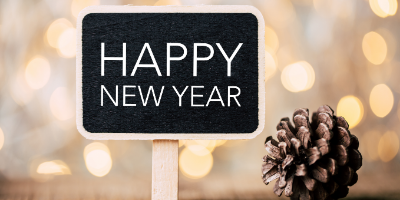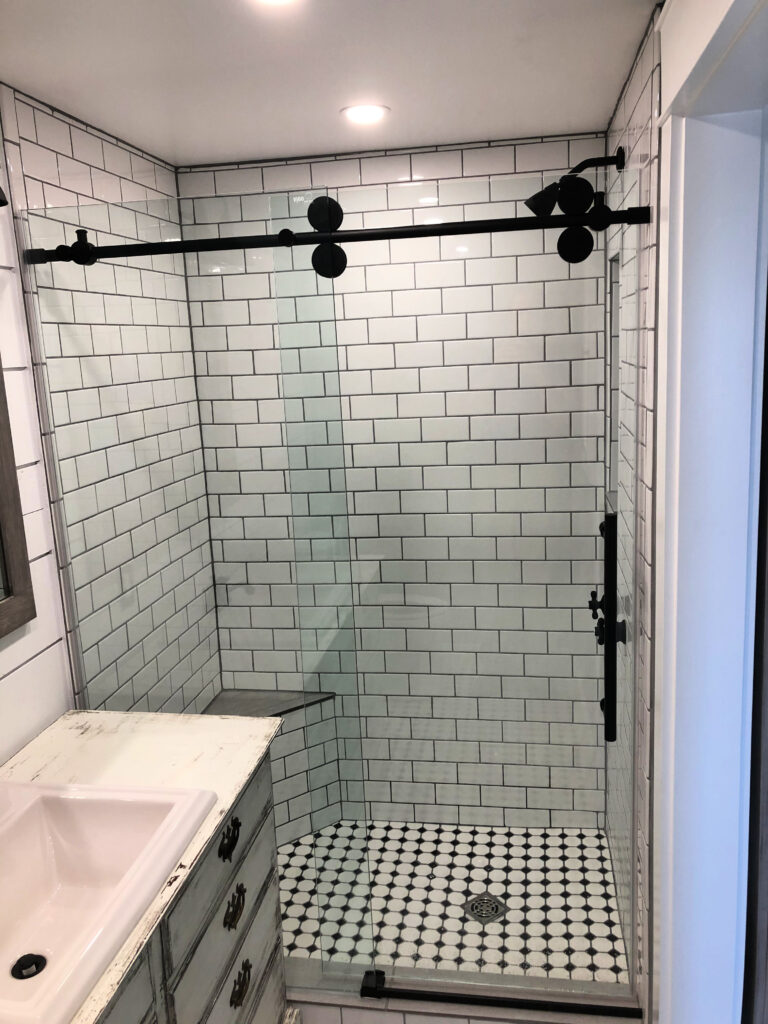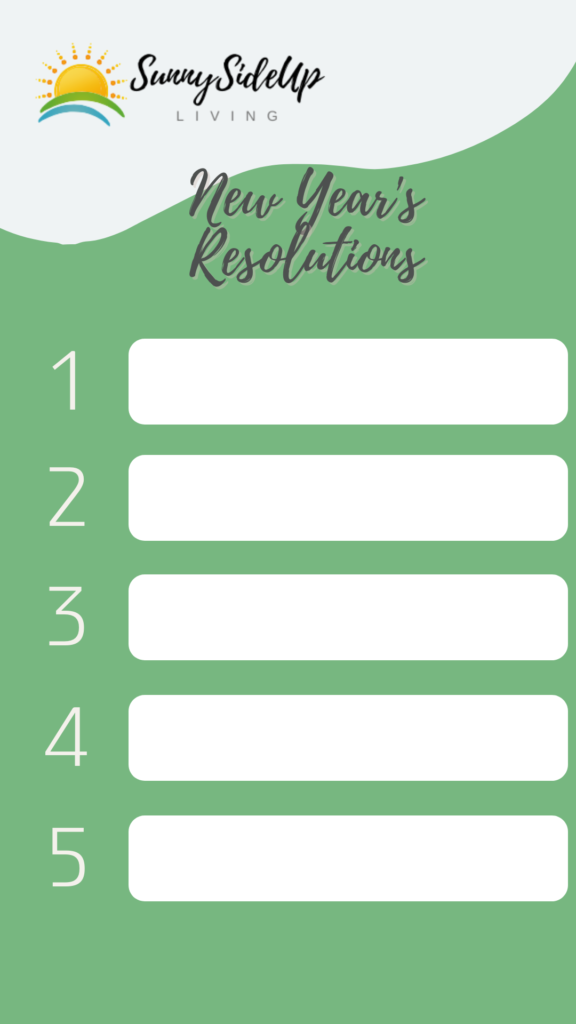Resolutions are popular topics at the end of every year, but making those new year’s resolutions stick should be the real item of discussion. Maybe you’re someone who makes a resolution or two every year but feels like it’s just a formality. Or you don’t bother to make any resolutions because you feel it’s an exercise in futility. Although it’s true that resolutions can be made any time of year, there’s something about the clean slate of a new year that appeals to me.

I like to approach resolutions as a personal challenge. There’s something about putting that spin of accountability on them that, in my opinion, makes them something I actually want to adhere to. I think the key part of making those new year’s resolutions stick is the resolve to change instead of the intention of changing. Intent was last year’s buzzword, but how many good intentions aren’t brought to fruition? Lots. That’s because it’s too easy to give yourself a pass when you have intent. Resolve means you’re making a pact with yourself. That doesn’t mean you won’t slip, but it does mean if you do, you’re getting up and starting over. Ever watch this video? How’s that for resolve?
Obstacles To Resolutions
When I talk with friends about resolutions that have failed, there are a few commonalities throughout.
- The resolution was a lofty goal with no plan of action broken down into smaller steps.
- What was desired wasn’t reasonably achievable, like running a marathon with no plan to run a 5K or follow a training program.
- It was made halfheartedly or without faith that it could actually be done.
Out of these three, the third is definitely the clincher. There’s this quote I love, “What would you attempt if you knew you could not fail?” Most often, it’s fear of failure that holds us back from even trying to begin with. Because we’re focused on doing as much of our renovation on our farmhouse by ourselves, it takes some real patience to work through setbacks. There were days when we were remodeling our bathroom upstairs that I wanted to scream with frustration when there wasn’t much progress, but then I reminded myself that the outcome would be worth it.

And, it was! Having patience and faith was key.

Resolutions That Stick
Conversely, when I talk with friends about resolutions they’ve kept, there are also commonalities.
- The resolution was documented, broken down into steps that could be followed, and yes, tracked.
- It was a difficult resolution, but not impossible to achieve with some real discipline.
- The person making the resolution wanted to make the change and was committed to it.
When you talk to someone who surmounted an obstacle or succeeded beyond their expectations, they will likely say their only regret was not starting sooner! And when they fell down, they pushed through. You can, too.
Resolutions should be things you honestly want to change for the better, and with commitment. For some people, maybe that’s losing a bad habit they picked up this year. I have friends who admit that in the past year they’ve gained weight, let their health goals slip, started drinking more, or spent money they shouldn’t have. It’s easy to blame the pandemic. Heck, I definitely like to! But, at the end of the day, we’re all the bosses of ourselves. Nobody is making us wear sweatpants or pajamas and stress-eat junk food, sit on the couch instead of taking that walk or run, having that extra glass of wine, or buying the shoes “just because.” Loving yourself also sometimes means tough love is in order if you truly want that end goal.
So what is it that you want to change about yourself? What are your goals? What can you do this year? Maybe you want to reconnect with friends you’ve lost track of or make some new ones. Or maybe you want to save a certain amount of money or learn a new skill, like gardening. Those are all great goals.
The Why And How Of Resolutions
Disclaimer: This post contains affiliate links through which I make a small commission from your purchase.
When you write out your resolutions on paper with steps, it’s helpful to list why your resolutions are on the list to begin with and how you’re going to make them achievable. We can use one of mine as an example.
In 2021, I want to become a more actively eco-conscious consumer. I want to do this because it’s better for the environment and I can do my part to decrease my personal footprint. In order to achieve this goal, I will:
- Keep reusable tote bags in my car and use them.
- Buy items that I can pick up in a store when possible instead of choosing to have them shipped to me.
- Recycle responsibly by researching local guidelines and following them.
- Save shipping boxes to re-use later.
- Stop buying single-use items and research earth-friendly alternatives.
- Visit my library to borrow books or download them.
- Use bamboo, glass, or steel drinking straws.
If this is a resolution that resonates with you, I highly recommend checking out Grove and snagging their free glass sustainability concentrates set. I love their mission, and they make finding products that support an eco-friendly lifestyle easy. I use their glass spray bottles for cleaning products and glass soap dispensers at the kitchen and bathroom sinks.
The above is just a starting point, but writing down the steps I can take creates my plan of action. To help you, I created a worksheet.

You can download or print it here!
List your top 5 goals, anything from starting something new to stopping a bad habit. Then write your step by step action plan items next to each item. Print your sheet out, screenshot it, or post it wherever you are going to see it on a daily basis. Your fridge or desk are good places.
What are your resolutions for 2021? I’d love to hear from you!

Leave a Reply